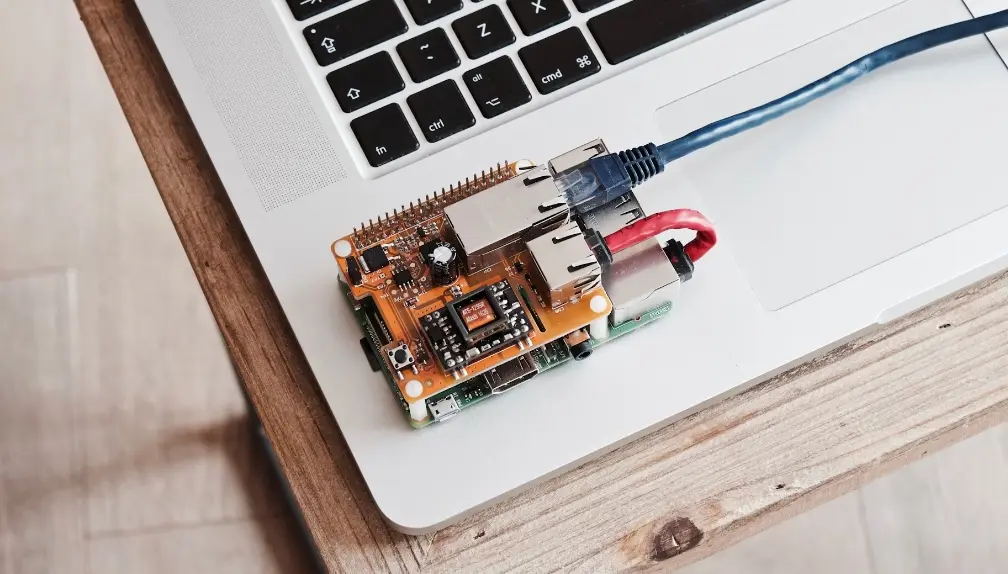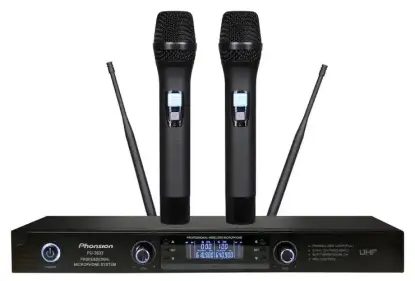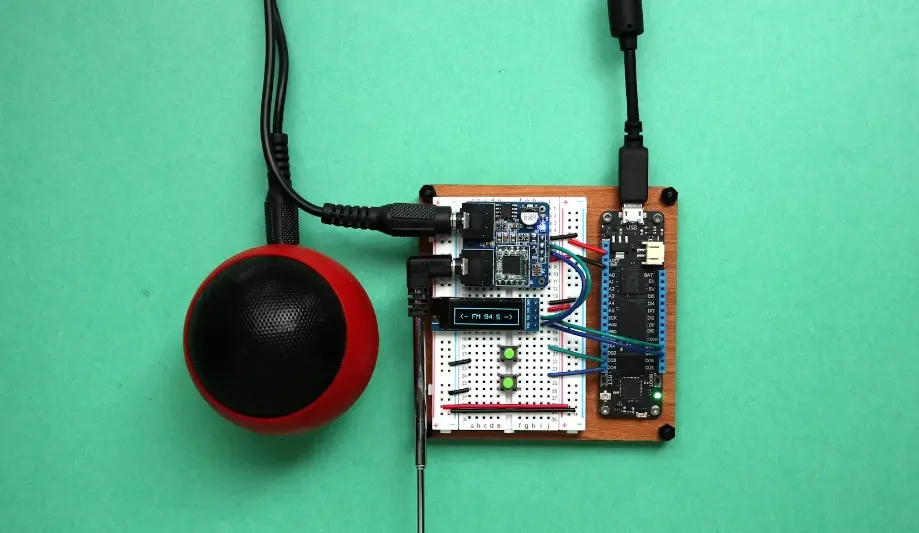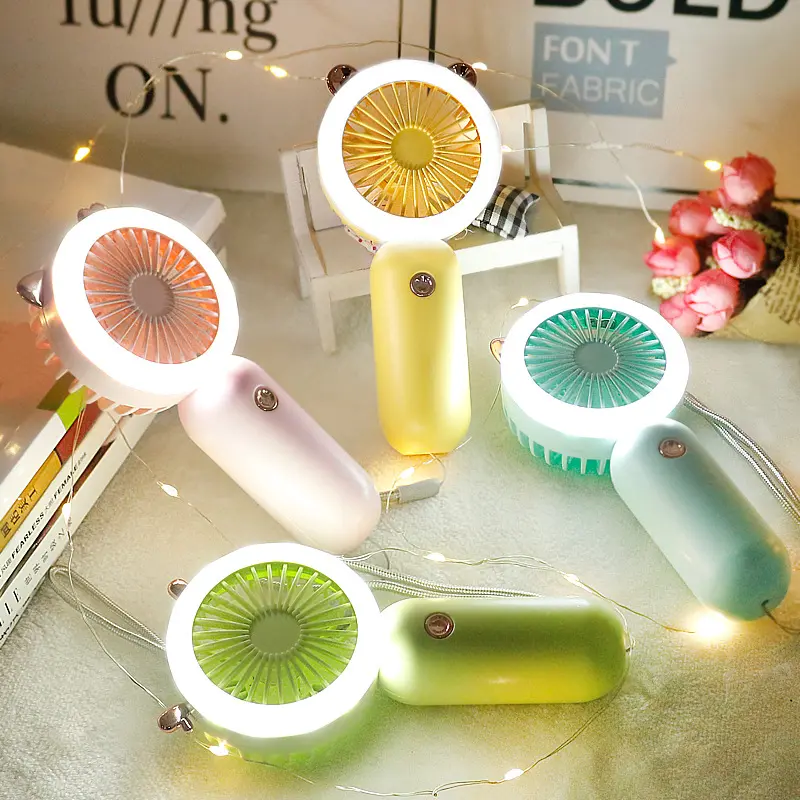
How long is the validity period of a CE certificate?
CE certification (Conformité Européenne, European Conformity) is a mark indicating that a product complies with the safety, health, and environmental requirements of the European Union (EU). CE certification is a mandatory requirement under EU law, and all products entering the EU market, such as electronic products, machinery, medical devices, automobiles, etc., must obtain CE certification.
Scope of Application
CE certification applies to a wide range of product categories, including but not limited to:
- Machinery: Electric tools, elevators, forklifts, etc.
- Electrical Equipment: Household appliances, lighting equipment, electric bicycles, etc.
- Toys: Plastic toys, wooden toys, electronic toys, etc.
- Personal Protective Equipment: Helmets, safety glasses, gas masks, etc.
- Medical Devices: Blood pressure monitors, thermometers, X-ray machines, etc.
- Building Materials: Doors, windows, flooring, paints, etc.
- Pressure Equipment: Boilers, pressure vessels, etc.
- Wireless Communication Devices: Mobile phones, Bluetooth devices, Wi-Fi routers, etc.
Differences Between Notified Body Certification and Self-Declaration
- Notified Body Certification
This is issued by an EU-designated notified body, which has a unique notification number. These bodies are EU-recognized and conduct independent evaluation and certification of products.
- Self-Declaration
This is a self-declaration made by the manufacturer, where they take responsibility for ensuring that the product complies with CE standards. No external notified body is involved, but the manufacturer must ensure compliance with relevant standards.
Types of Certificates
- CoC Type (Certificate of Conformity)
This is a formal certification issued by an EU notified body after assessing the product. It serves as external, authoritative proof that the product meets the required standards.
- DoC Type (Declaration of Conformity)
This is a self-declaration by the manufacturer, confirming that the product complies with relevant EU standards and regulations. It is a self-responsibility approach.
Certification Process
1. Determine Applicable Directives
First, identify the EU directives applicable to the product. Different product categories have different directives, such as the Low Voltage Directive (LVD), Electromagnetic Compatibility Directive (EMC), Toy Safety Directive, etc.
2. Conduct Risk Assessment
Based on the applicable directives, perform a risk assessment to ensure that the product meets all safety, health, and environmental requirements.
3. Select Certification Mode
Choose the appropriate certification mode based on the product type and applicable directive. Common modes include self-declaration, third-party testing, and notified body certification.
4. Testing and Evaluation
Send the product to an EU-accredited third-party laboratory for testing and evaluation to ensure compliance with relevant standards.
5. Prepare Technical Documentation
Based on the test results, prepare detailed technical documentation, including product descriptions, design drawings, test reports, etc.
6. Issue CE Declaration
Based on the test results and technical documentation, prepare and sign the CE Declaration of Conformity (DoC).
7. Apply the CE Mark
Apply the CE mark to the product and its packaging to indicate compliance with EU requirements.
How Long Is the Certificate Valid?
The validity of a CE certificate depends on the risk level of the product. CE certification is based on the risk associated with the product, as well as the relevant standards, directives, and whether there have been any significant changes in the manufacturing process or raw materials. If there are no major changes, the certificate remains valid. However, for higher-risk products, continuous Factory Production Control (FPC) is required annually to maintain the validity of the certificate.
China's JJR Laboratory is equipped with CE certification testing capabilities and offers efficient and professional consultation, testing, and training services to our clients. We welcome all inquiries!
Email:hello@jjrlab.com
Write your message here and send it to us
 What is FCC Class A vs. Class B?
What is FCC Class A vs. Class B?
 UL Standards for Electrical Equipment
UL Standards for Electrical Equipment
 Is UL Certification Required in the USA?
Is UL Certification Required in the USA?
 Wireless Microphone Export Certification
Wireless Microphone Export Certification
 Audio-Visual Products SNI Certification in Indones
Audio-Visual Products SNI Certification in Indones
 FCC-ID: Still Needed if Module is Certified?
FCC-ID: Still Needed if Module is Certified?
 FCC Certification Fees for Handheld Fans
FCC Certification Fees for Handheld Fans
 FCC Certification Testing for Smart Lighting Produ
FCC Certification Testing for Smart Lighting Produ
Leave us a message
24-hour online customer service at any time to respond, so that you worry!




